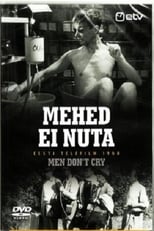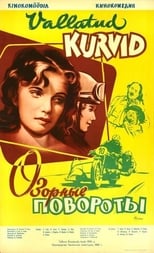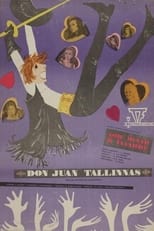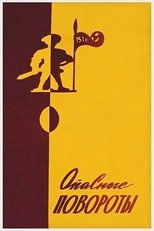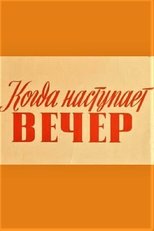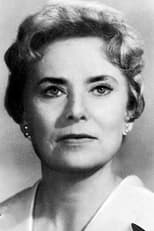
|
|
Sophie Sooäär (September 27, 1914 – March 14, 1996) was an Estonian stage, television, and film actress and singer and dancer. Sophie Sooäär's first film appearances was in the 1955 Aleksandr Mandrõkin directed musical concert film Kui saabub õhtu for Tallinna Kinostuudio, showcasing Estonian singers, dancers and actors in productions of performing arts pieces. The film, featuring many members of the Estonian National Opera, features Sooäär as Linda, wife of Kalev and mother of the giant Kalevipoeg, in a performance of composer Eugen Kapp's ballet Kalevipoeg, inspired by Estonian mythology and choreographed by Estonian ballet masters Ida Urbel and Udo Väljaots. In 1968, she appeared in the Sulev Nõmmik directed black-and-white television comedy film Mehed ei nuta, penned by Sulev Nõmmik and Enn Vetemaa for Eesti Telefim. Sooäär played the role of a farmhouse nurse to a group of insomniacs who have been taken to a remote island and given harsh and exhaustive (but sleepless) therapy and attempt to escape. The film has become extremely popular in Estonia and is still frequently broadcast on Estonian television. In 1970, she appeared as Maria in the Veljo Käsper directed drama Tuulevaikus, based on the 1965 Einar Maasik penned novel Tuisu Taavi seitse päeva for Tallinnfilm. This was followed a year later by the role of Donna Laura in the Arvo Kruusement directed color film musical comedy Don Juan Tallinnas, starring Latvian actress Gunta Virkava in the title role of Don Juan, who arrives in Tallinn and is unwittingly waiting to be seduced by the city's women and challenged to duels by the city's men, not realizing that Don Juan is actually a woman disguised as a man and trading off of the real Don Juan's notoriety. Don Juan Tallinnas was based on the play Tookord Sevillas by Samuil Alyoshin and also produced by Tallinnfilm. In 1974, Sooäär had a minor role in the 1974 Veljo Käsper directed World War II themed youth adventure film Ohtlikud mängud. This was her last film role. |
